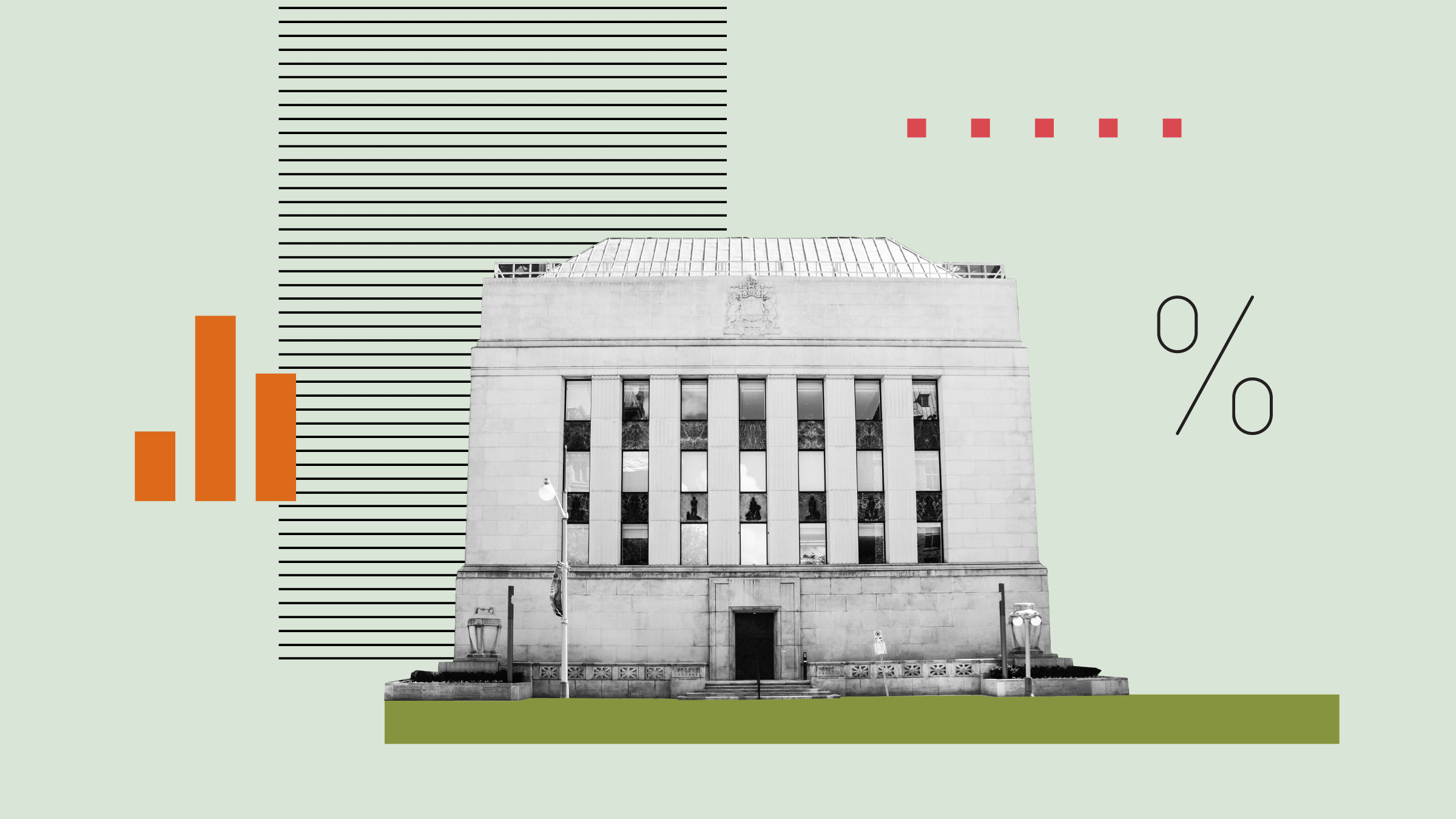Geoff MacDonald makes no apologies that there is almost 15% cash in the $2.1- billion EdgePoint Global Portfolio.
"Cash is like a sponge," says MacDonald, co-manager of the global equity fund and partner and co-founder of Toronto-based EdgePoint Investment Group Inc. Last summer, he notes, the cash went up because the firm had to sell its stake in Shuffle Master Inc. when it was acquired by Bally Technologies Inc. BYI, a major gaming company.
"There are times when there's an influx of ideas that you'd like to buy -- that's where the cash 'sponge' comes in. There are other times when you sell investments and take profits. I don't think you should say, 'It's been a good investment and now I have to buy something else.' You can force yourself into a mistake."
Still, value is less scarce today than five years ago, which suggests future returns could be harder to achieve. The fund is up about 125% in aggregate since its inception in November 2008. "In the next five years, we're unlikely to replicate that type of absolute performance," says MacDonald. "Besides, we don't really sell performance."
The 5-star rated fund returned an annualized 16.7% for the five years ended Dec. 31, versus a median return of 11.2% in the Global Equity category. It has been a top-quartile performer over one, two, three and five years. In November, the fund was honoured at the 2013 Morningstar Awards as the Best Global Equity Fund.
MacDonald, who shares duties with EdgePoint co-founder Tye Bousada and Ted Chisholm, focuses on a concentrated portfolio of about 35 names. Single holdings are limited to about 5% of fund assets, and portfolio turnover tends to be low. Importantly, the managers mitigate investment risk by owning a diversified collection of companies that have little in common.
One representative holding is TE Connectivity Ltd. TEL, a former unit of Tyco International Ltd. TYC. The firm makes electric connectors for the global aerospace and automobile industries, and its margins are accelerating.
"When we compared TE's margins to their competitors, we realized that not only is their business going to grow but they are in a wonderful position to slowly expand their margins over the next five years," MacDonald says.
Acquired in late 2012, at about US$38 a share, TE stock was US$54.50 in early January of this year. "Everything is working and their margins are expanding. Over the course of time, it has the potential to grow to US$90 a share," says MacDonald. "That's what we try to do: find a business that could be worth a lot more in the future. Effectively, we're trying to buy that growth for free."
A native of Charlottetown, P.E.I., MacDonald entered the industry in 1994 after graduating from the University of Windsor, where he earned an MBA. Previously, he graduated from Bishop's University with a bachelor of business administration in 1992 and took time off to work on his CFA designation.
Initially, MacDonald worked as an equity analyst covering resource stocks at Ontario Teachers' Pension Fund and later became a portfolio manager. In 1998, he and Teachers' colleague Keith Graham joined Trimark Investment Management, as it was known then, where they managed two new funds: Trimark Resourcesand Trimark Canadian Small Companies. Over the next couple of years he added more mandates, such as Trimark Canadian Endeavour and Trimark Income Growth.
Between 2001 and 2007, MacDonald managed Trimark Global Endeavour. "I had the benefit of running many different mandates. It was very diverse and broad."
But by 2008 MacDonald had become unhappy at Trimark. He joined Bousada, who had left early that year to establish EdgePoint. "I wanted to come to work, and love it. That's what we have over here," says MacDonald. "EdgePoint created an environment where you want to spend the rest of your career."
Today, EdgePoint has about $4 billion in assets under management in mutual funds. The global equity fund represents more than half the assets.
While the fund has grown significantly since its inception, MacDonald is ever on the hunt for new names. He is also not averse to owning some that have been tainted in the past. One example is American International Group Inc. AIG, which required one of the biggest government bailouts in the 2008 financial crisis.
MacDonald argues that under new management the global property and casualty insurance firm has been far more efficient than its predecessors and concentrated on earnings rather than growing revenues at all costs.
"It's not the same company it was five years ago," says MacDonald. "They've cleaned up their balance sheet, and the skeletons in the closet are long gone. They are way more disciplined than in the past."
The shares are trading at US$49.50, or about 75% of book value. "AIG has to demonstrate that, by doing all the disciplined things you would expect them to do, it's going to work," says MacDonald, adding that AIG is benefitting from rising prices in commercial property and casualty. "Factor all this in, and it's probable that we will see the stock grow to its book value as more people are convinced."















